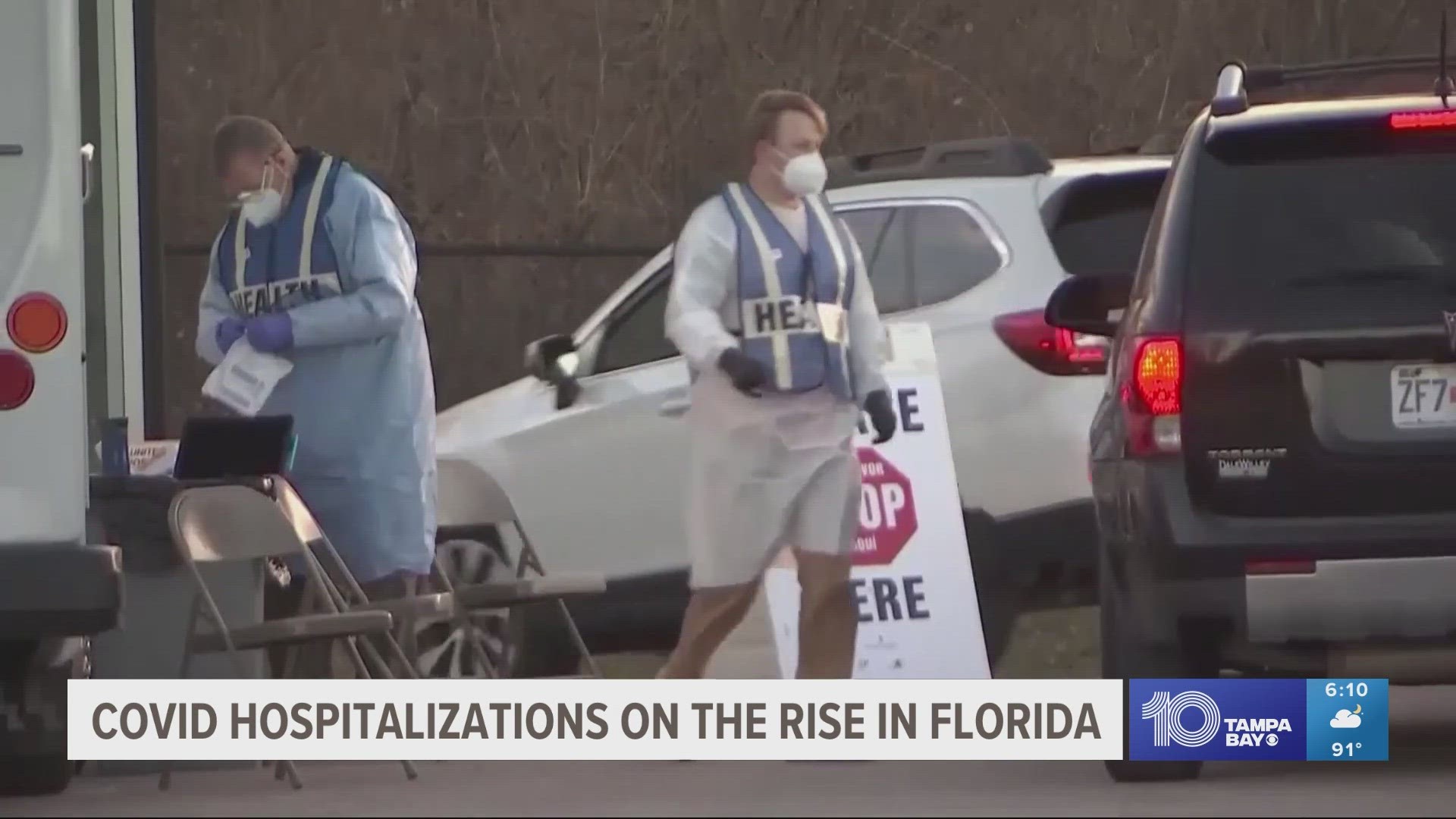WASHINGTON — With an updated vaccine against the coronavirus due in September, officials are carefully monitoring one of the newer variants of the COVID-19 virus, specifically for its ability to slip past immune defenses from vaccines and previous infections.
The BA.2.86 variant is a highly mutated form of the COVID-19 virus that has only recently been discovered. According to the U.S. Centers for Disease Control and Prevention, the variant was first found recently in samples taken from COVID patients in Denmark and Israel.
According to reporting by the Washington Post, there have been roughly a dozen cases of the BA.2.86 variant reported worldwide, including three cases in the U.S. And although it has yet to become widespread, experts say its potential ability to infect people who have been recently vaccinated or infected make it highly necessary to stay vigilant and monitor the variant's spread.
According to the CDC's recent risk assessment of the BA.2.86 variant, the updated COVID-19 vaccine due in September should be enough to prevent the variant from causing severe illness or hospitalization, and there is no evidence that it can cause more severe illness than other variants. It should also be detectable on COVID tests and treatable with the usual antiviral treatments. However, the CDC says that assessment could change as more information becomes available.
What remains unknown is how transmissible this variant is and how likely widespread transmission is to cause a surge. According to reporting from Reuters, the variant has already spread to other countries beyond what the CDC initially reported, including the U.K., Switzerland and South Africa.
According to the CDC, since BA.2.86 spreads the same way other COVID variants do, the same preventative and protective measures taken against other variants of the virus should be effective at protecting from infection. They recommend:
- Get your COVID-19 vaccines, as recommended
- Stay home if you are sick
- Get tested for COVID-19 if needed
- Seek treatment if you have COVID-19 and are at high risk of getting very sick
- If you choose to wear a mask, wear a high-quality one that fits well over your nose and mouth
- Improve ventilation
- Wash your hands

